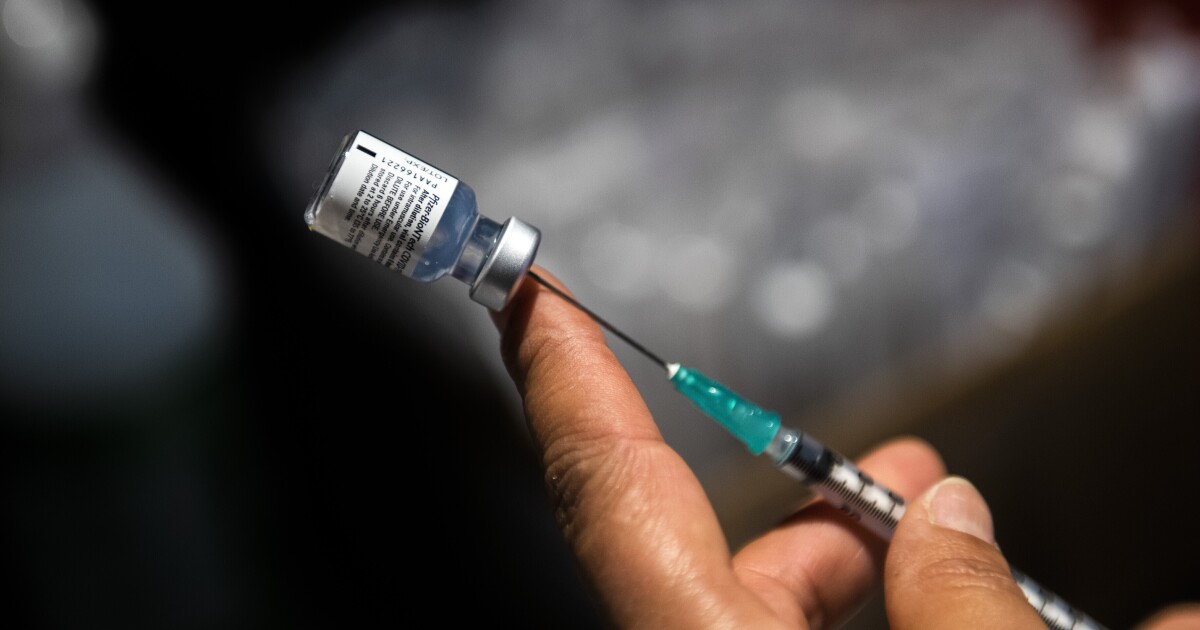The Ibex has been stranded around 9,000 points for days, with comings and goings while it awaits the great reference of the week. Investors expect the meeting of central bankers in Jackson Hole, which starts this Thursday, give you clues about the future of monetary policy in the United States. All eyes are on Federal Reserve Chairman Jerome Powell, who will speak this Friday. In this context, European bags they are trading with doubts and record declines that have moderated after the opening. The largest drop is for the selective Spanish, which lost 0.6% and is on the verge of 8,900 points, which has lost at some point.
Within the Ibex 35, the biggest falls were for IAG and Acciona, which lost 1.8%. The decreases of Endesa and Meliá, of 1.5%, also stand out. PharmaMar recovers from yesterday’s declines and rallies 1%. Viscofan also adds more than 1%.
The red numbers have prevailed in most Asian markets, after South Korea raised interest rates for the first time in almost three years. The Japanese Nikkei was practically in a draw, while the Hong Kong Hang Seng fell 1.5%, the same percentage as the Chinese CSI 300. For yet another day, the guiding light on Wall Street is almost off, as both Standard & Poors’s and Nasdaq closed slightly higher.
The day’s agenda will be marked, as every Thursday, by the weekly strike in the United States, which will be published at 2.30 pm (Spanish time). The market estimates the number of unemployment benefits to be 350,000. At the same time, the second estimate of growth in the first half of the year will be published. START of the country, and economists expect it to be revised upwards, to 6.7% in an annualized rate compared to 6.5% in the first reading.
In the Old Continent, the data on the business climate in France for August will be published. In Germany it has already been known that the Gfk confidence index, equivalent to the Zew, but for individuals, for September it has dropped to -1.2 points, below expectations of -0.5 points. The minutes of the meeting of the European Central Bank (ECB) of the monetary policy meeting in July will also be published, which hinted that it is willing to leave interest rates very low for longer.
Long-term rates are beginning to move amid speculation about the direction of the stimulus to the other side of the Atlantic. In the United States, inflation is runaway above 5% per year and Powell is expected to start sending the first notices about the expiration of multibillion dollar debt purchases.
Thus, the US 10-year bond increases its yield to 1.33%, from the 1.25% with which it started the week, in a clear sign that the market expects measures. Debt for the same term in Germany, where the stimuli will last longer, remains negative (-0.43%), but less than four days ago, when the yield was -0.5%. The same happens with the Spanish bond, with an interest that borders on 0.3%.
In currencies, the dollar, after reaching highs against the euro since November 2020 in the middle of the month, has relaxed and is exchanged at 1,176 units for each single currency. In the commodity market, Brent oil continues in its upward spiral and exceeds 72 dollars, with West Texas at 68. The fear of a slowdown in growth due to Covid-19 in delta version is being appeased by the different authorities. The last to do so was the ECB’s chief economist, Philip Lane, who yesterday assured that his impact on the euro zone economy will be limited.
– .


